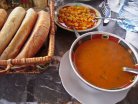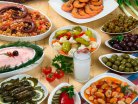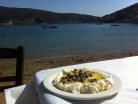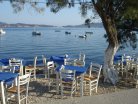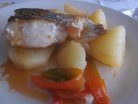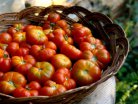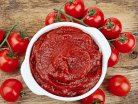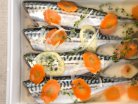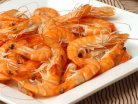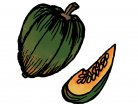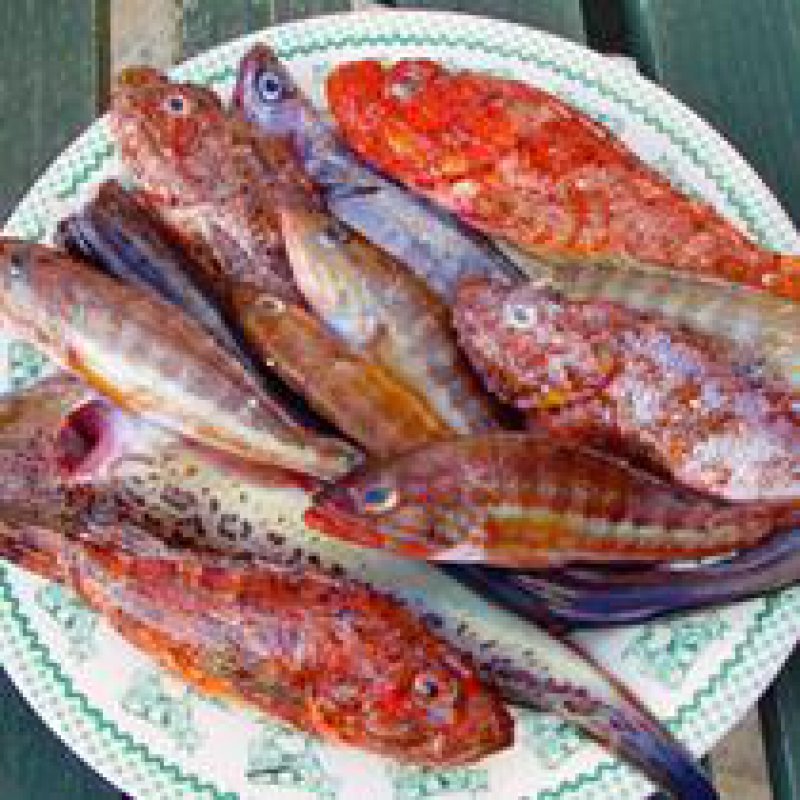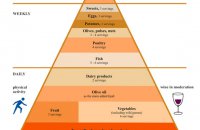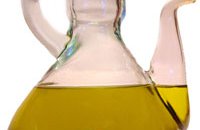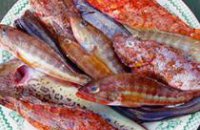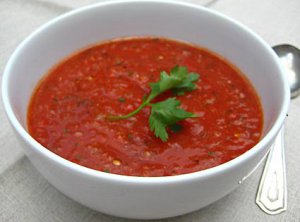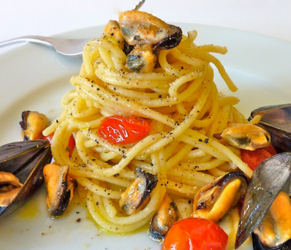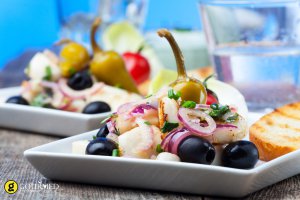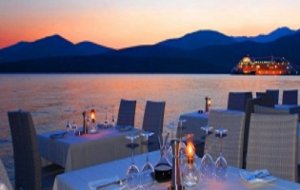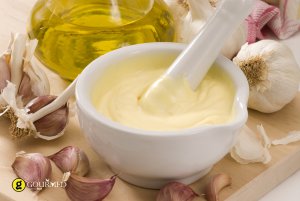With its many islands, Greece probably has more boats per capita than cars.
The best fish islanders manage to catch is sold to the big cities for much-needed cash. Fish and seafood is more plentiful in the north of the country, off the shores of
Not plentiful, but utterly delicious, the fish and seafood of our waters is appreciated very differently here. Greeks don't think highly of fresh-water fish; trout is one of the cheapest fish you will find in the central fish market of
According to a common Greek proverb "the best fish is the fresh fish", and by fresh, we mean no more than half a day old. During their summer vacations in one of the numerous islands of the
"In general, it is my belief that the eel is king of all viands at the feast and leads the way to pleasure...", wrote Archestratus, whom scholars and chefs, including the renowned Alain Senderens, the inventor of "nouvelle cuisine" consider to be the father of modern gastronomy. Archestratus was born in
Archestratus repeats over and over again that the best fish and fowl should be prepared simply, with a minimum of ingredients and served with a sauce on the side. In a passage where he describes how to cook mullet, he criticizes Sicilian Greeks, considered the best cooks of his era,: "Bake them gently, and serve without any greasy sauce. And let no Syracusan or Italian Greek come near you when you are preparing this dish. For they don't know how to treat delicate fish, but they ruin them by pouring cheese all over them, and adding vinegar and silphium".
Modern Greeks cook fish simply, as though following Archestratus' writings to the letter. Unlike the French who often cover fish and seafood with complicated sauces, Greek seafood cuisine calls for only the bare minimum additions.
Barbecued over charcoal fire, is for us the ideal way to enjoy a nice bream, a bass, a red snapper, a tender cuttlefish or some shrimps, basted with just lemon and olive oil and scented with oregano. And, of course, we love fried calamari, small sardines and marides or atherina, a kind of white bate. Fish soup is another traditional dish which appears in different versions all over coastal
Octopus, the polypus of ancient Greeks, from which the Italian word pulpa and the word "polyp" are derived, was a delicacy that only the Greeks and other Mediterraneans appreciated. But things have changed. Today even the most conservative Americans and Europeans, who didn't dare to try it a few years back, are now feasting on octopus not only at the seaside taverns on the islands, but in Greek restaurants all over the world.
Another fish that Greek gourmets love, is skaros (sparisoma cretense, a kind of parrot fish) which in early summer is quite commonly found in the south-eastern


